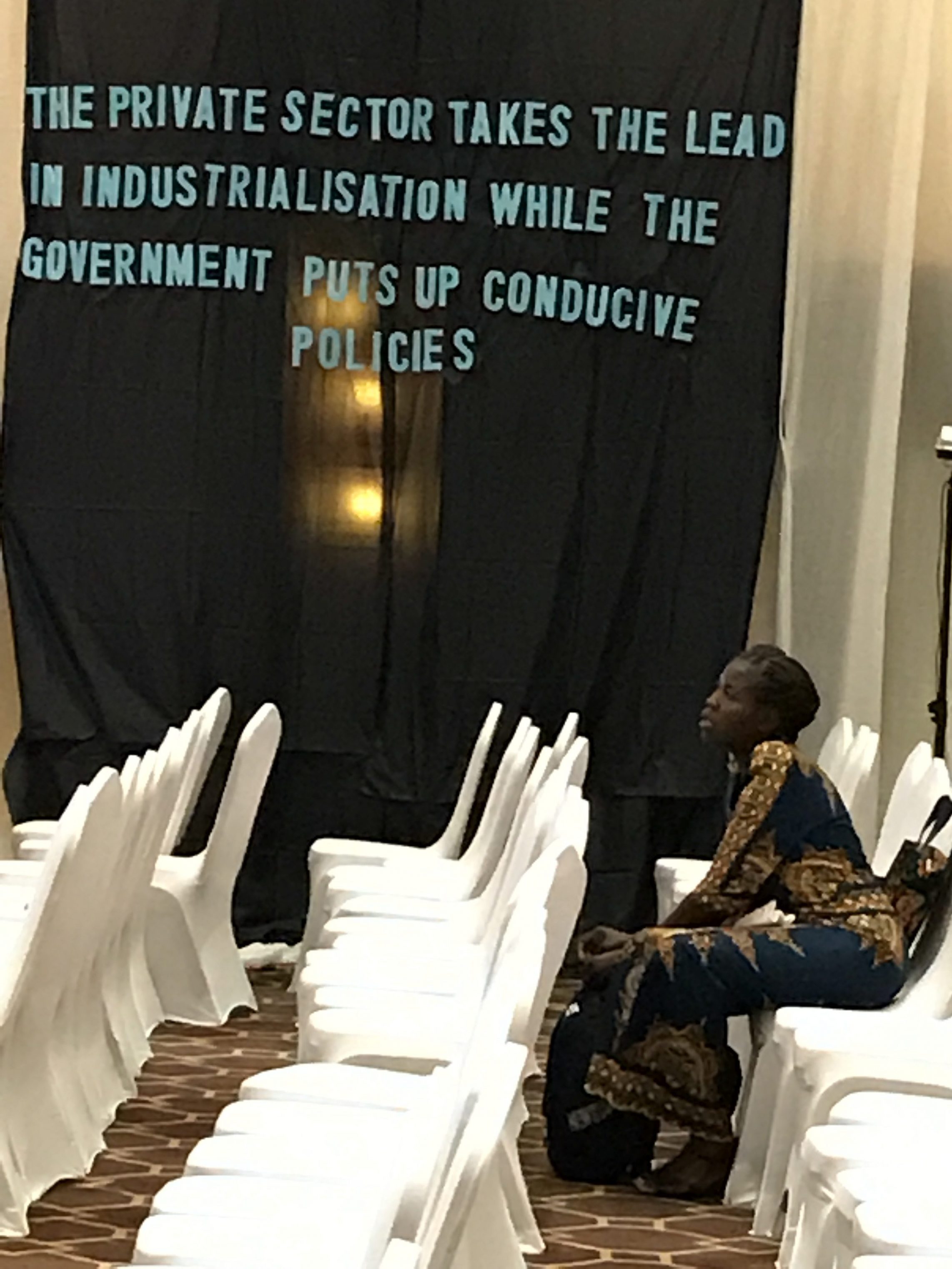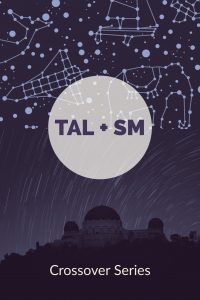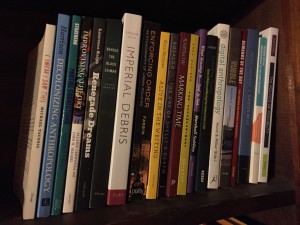I’ve been thinking a lot lately about community, who we are as a community, what keeps us connected and together, and how community knowledge is stored and distributed. As an anthropologist, my research focuses in part on automation and algorithmic impact on society, in particular, on our relationships and how we maintain them towards common cooperative goals. As such, when technology begins to change our relationship to our local locale (as it has been doing increasingly over time with each new capability), I pay attention to how this changes our physical and social structures, and our relationships to them and to each other.
Recently, Apple Computer, Inc. has branded the privatization of the idea of the commons, by renaming the retail Apple stores as “Town Squares“[1]. In Apple’s definition, these “Town Squares” are where people will gather, talk, share ideas, and watch movies, all within Apple’s carefully curated, minimalist designed, chrome and glass boxes. In this scenario, Apple’s “Town Square” is tidy, spartan, and most critically, privatized. This isn’t new behavior, however, what is new is the context within which Apple is able to do this, from both inside of shopping malls, and from retail locations on Main Streets. Applin (2016) observed that private companies are collecting and replicating community through their networks and communications records [2]. Madrigal (2017) observes that “the company has made the perfect physical metaphor for the problem the internet poses to democracy” [3]. This article provides a discussion of what happens and what we forfeit in these hybrid gathering places between Internet usage and privately owned spaces; and how these hybrid spaces have become enabled in the first place.




